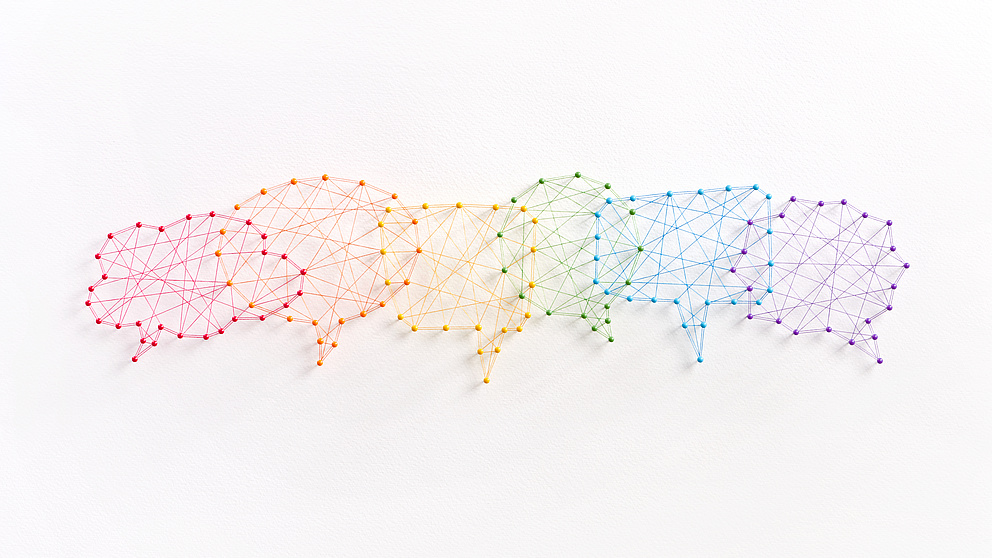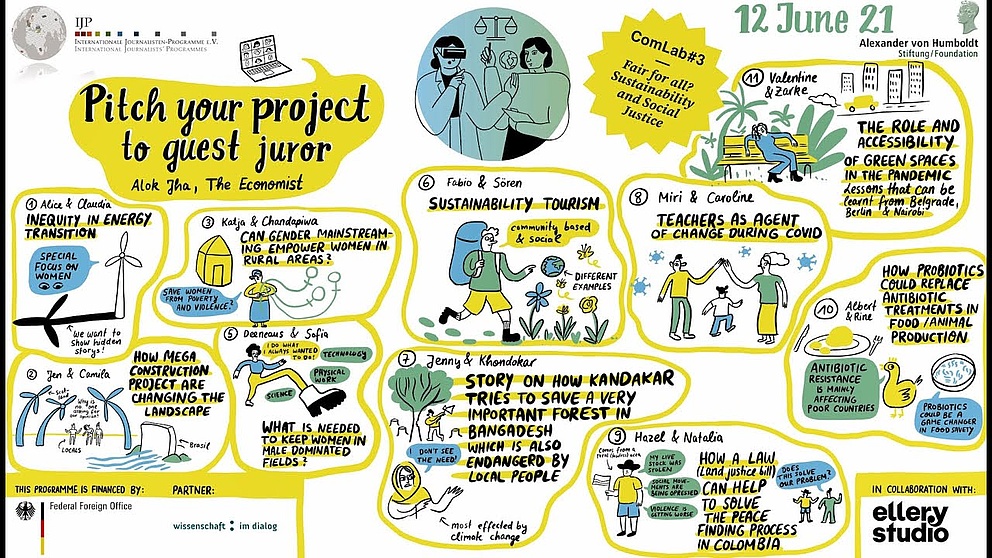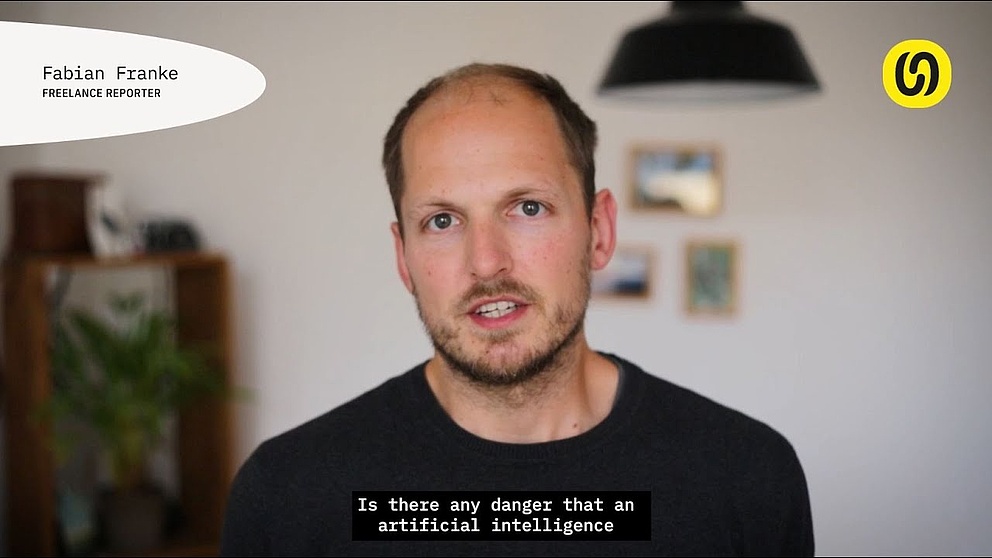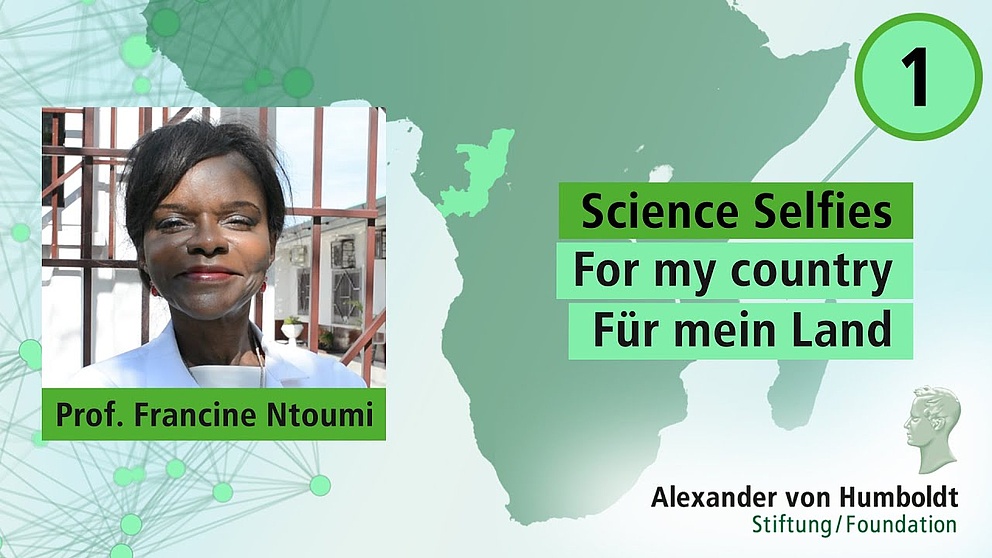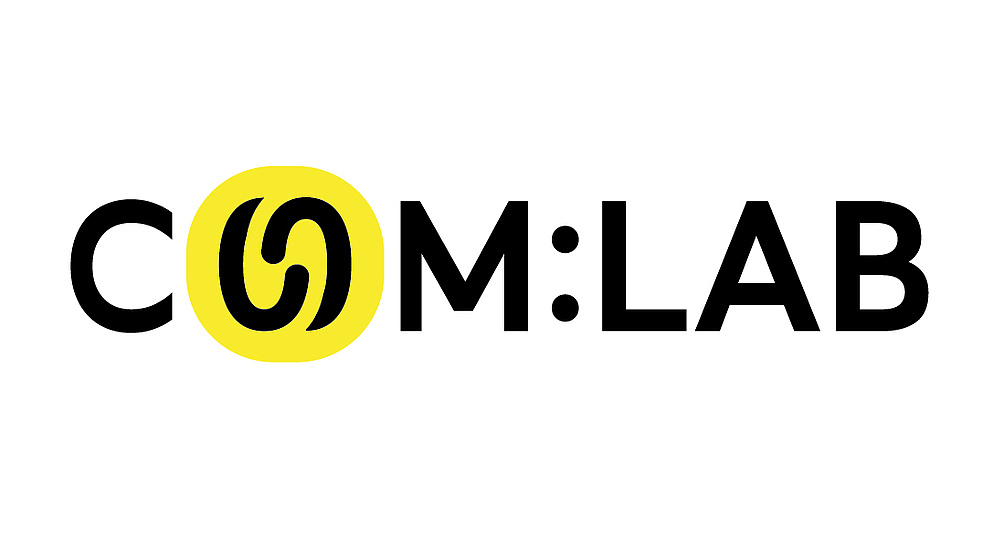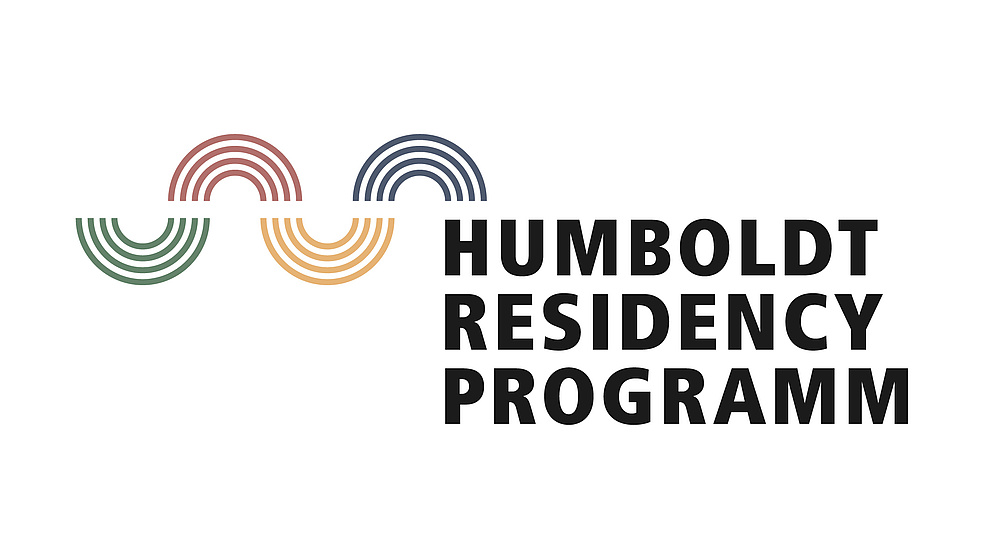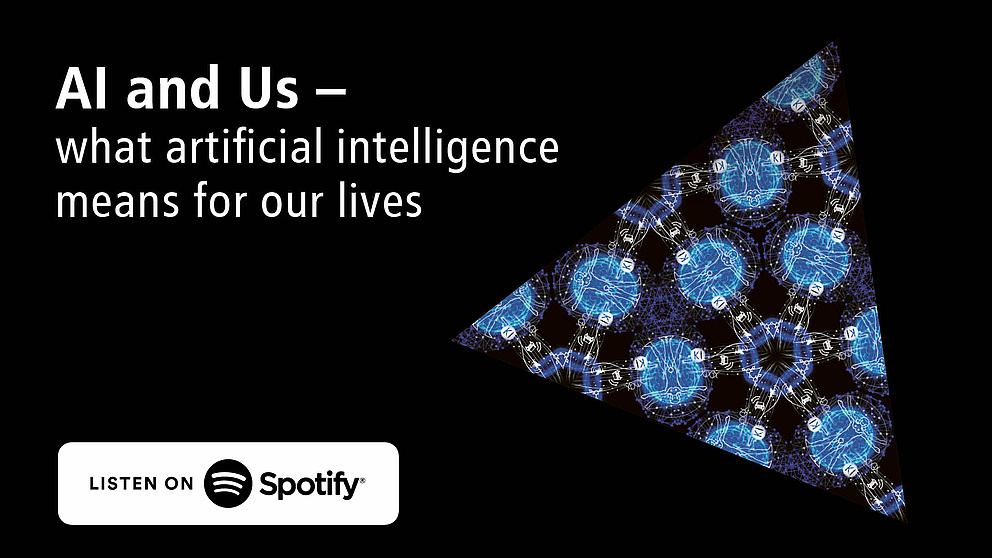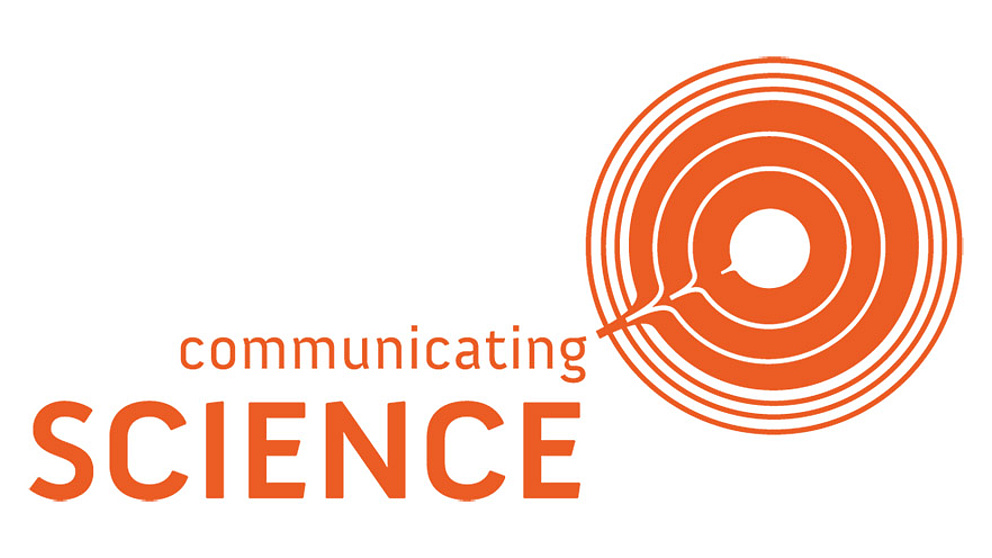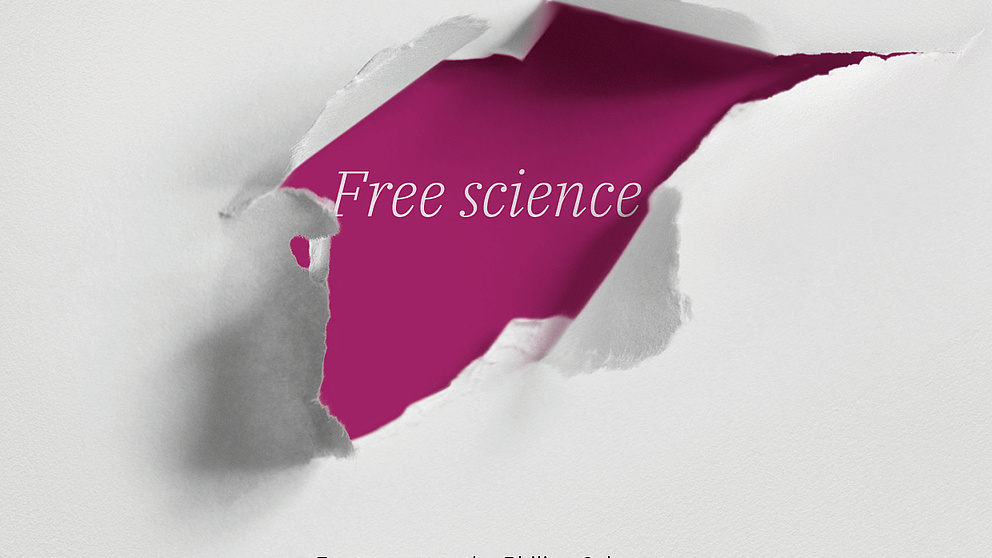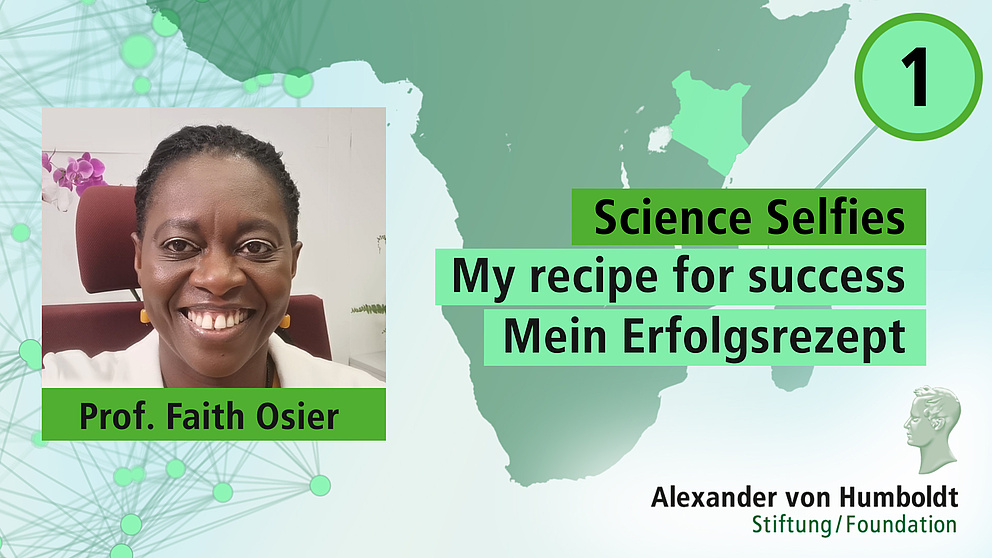Jump to the content
- {{#headlines}}
- {{title}} {{/headlines}}
Science and research help us to understand social, political and cultural changes and problems and to find solutions. But scientific insights are not always self-explanatory. In order to reach everyone, they must be communicated in a clear and targeted manner. The Humboldt Foundation is engaged in various initiatives and formats that open science and research to a broad public audience: from events discussing and sharing ideas to dedicated training sessions and workshops on science communication for researchers and media professionals – because the conversation with society is the key to an enlightened society and social cohesion.

Contact
Press, Communications and Marketing
Tel.: +49 228 833-144
Fax: +49 228 833-441
presse[at]avh.de
Focus on science communication
The Humboldt Foundation has made discourse with the public a strategic focus: As a member of the Alliance of Science Organisations it supports the Ten-point plan (pdf) for science communication. The Foundation is also involved in the strategy process initiated by the BMBF called #FactoryWisskomm. From April 2021, 150 representatives of science and communication worked together on perspectives for future action in six working groups. Together with other partners in the field of science communication, such as the Science Media Center Germany (SMC) and Wissenschaft im Dialog, the Humboldt Foundation campaigns for high-quality science journalism and a continuous dialogue with society.
Science communication in a nutshell
Communication Lab for Exchange between Research and Media (ComLab)
A dialogue between science and the media: twice a year, we bring together ten of the Humboldt Foundation’s sponsorship recipients and ten fellows of the International Journalists’ Programmes (IJP e.V.) organisation. In tandems, they develop an innovative science journalism project. Learning from one another is at the heart of their activities. What do they expect of one another? How can we achieve a cooperation based on trust? And what constitutes good science communication?
International Summer School “Communicating Science”
Barcamp, Science Slam, Pecha Kucha, Meet the Scientist – there are many different approaches to communicating science. But how can the various formats be applied to a person’s own research? What forms and channels of communication are there and how can we use them effectively? The International Summer School “Communicating Science” (2 to 6 August 2021, Berlin) conveyed the practical fundamentals of science communication to 50 international junior researchers.
Dialogue with society
Employing various media formats, events and publications, the Humboldt Foundation visibly makes its mark on science, society and politics, and provides platforms for the exchange of knowledge. Through the Humboldt Residency Programme, the Humboldt Topic X Conference and the Frontiers of Research Symposia, the Foundation facilitates transdisciplinary cooperation to reinforce innovation. Moreover, the Humboldt Network is represented at events run by our partners and sponsors. For example: in collaboration with DAAD and ifa, the Humboldt Foundation participates in the Lange Nacht der Ideen.
Explaining research
Complex research communicated in an accessible and understandable way. Impossible? No, it’s not. The Humboldt Foundation uses various formats to showcase the network’s research projects. Here are three of them:
Humboldt Kosmos Magazine
What are Humboldtians around the world working on? What are the issues in science, diplomacy and international affairs driving us? We report in our magazine. The 113/2021 edition is dedicated to Science Communication. Experts from the network and beyond share their ideas and discuss the role of science in society and the media today.

AI Podcast
From natural language processing via autonomous driving to intelligent systems in medicine: “What can AI already do for us? How does it learn? And will it outstrip us one day?” Together with the AI journalist Thomas Reintjes, the Alexander von Humboldt Foundation developed the ten-part Podcast series “AI and us – what artificial intelligence means for our lives”. The episodes focus on AI experts in the Humboldt Foundation’s network who report on their research fields.
Science Selfies
What is day-to-day research like in times of pandemic? In our series Science Selfies, Humboldtians from different African countries afford us direct insights into their offices and labs. In video diaries they describe the challenges they face and how they overcome difficulties.

